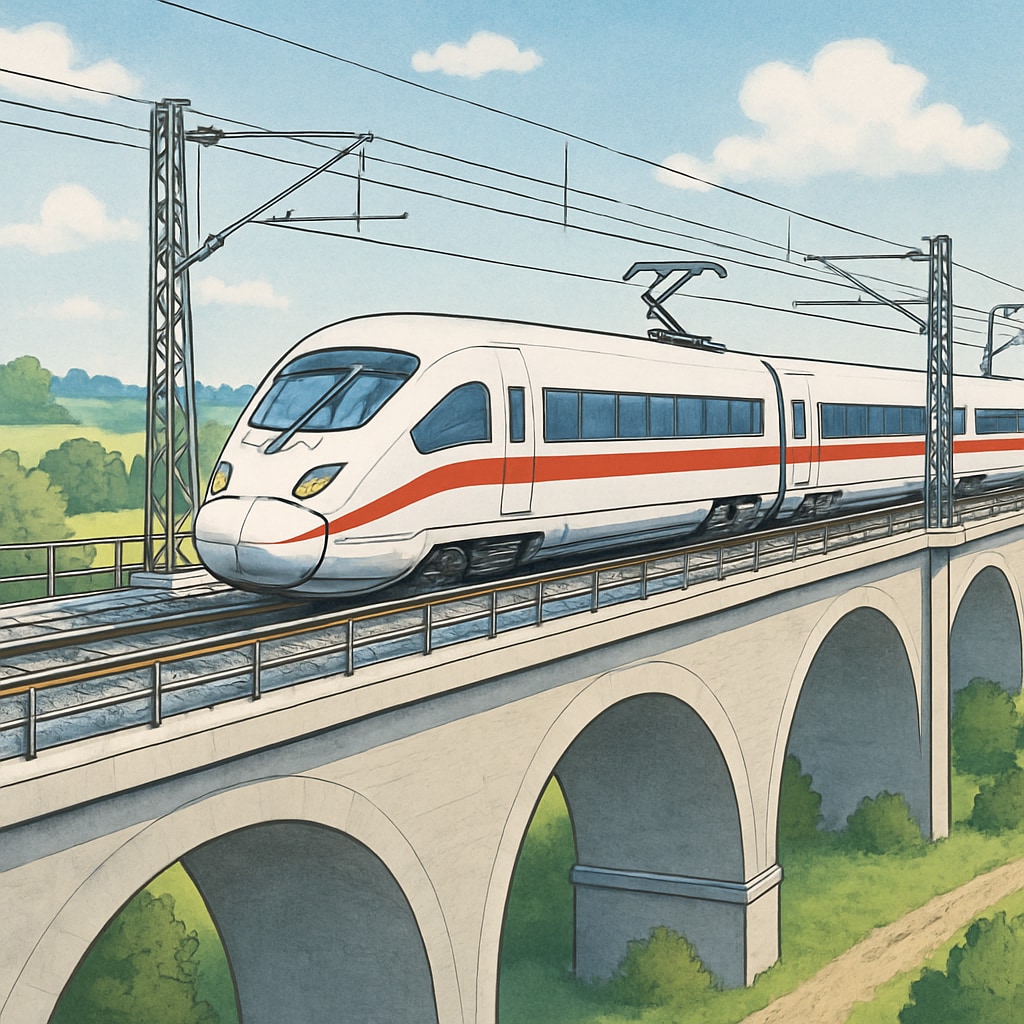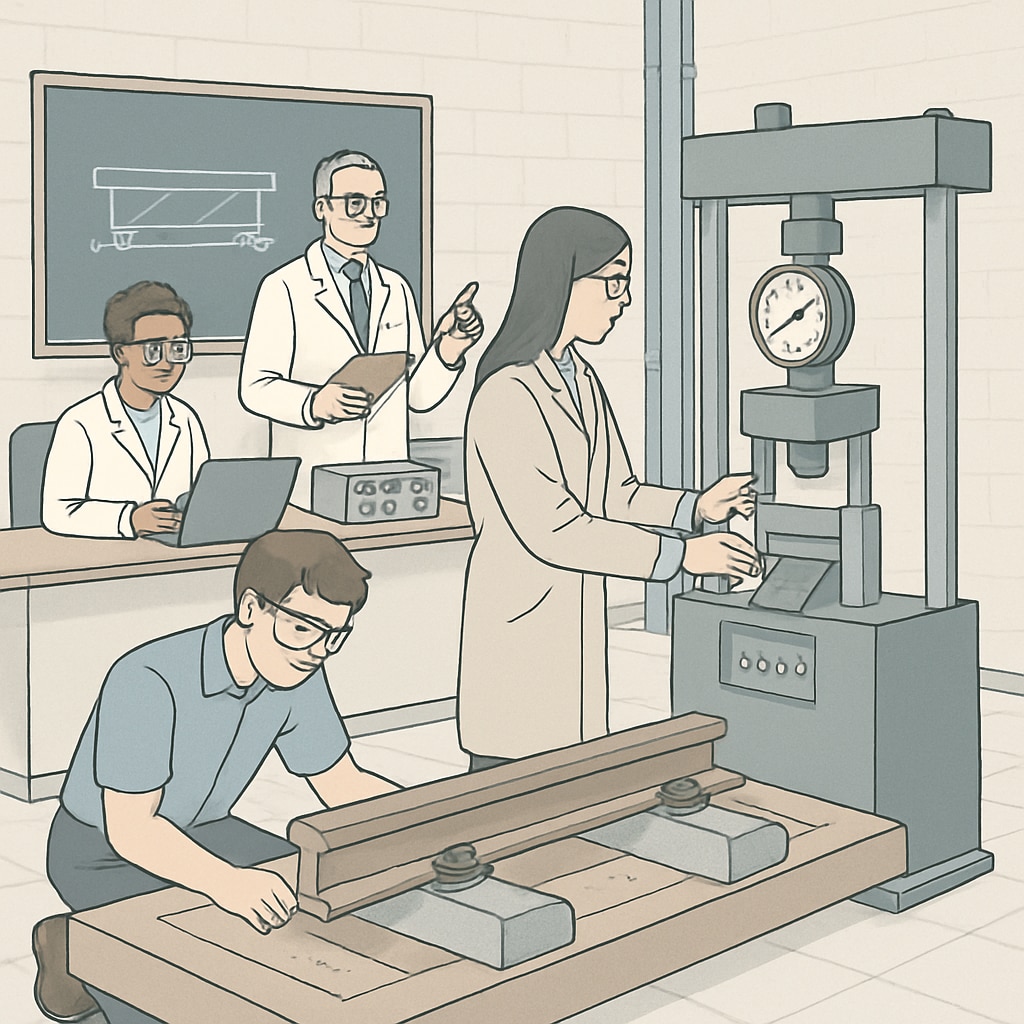The transportation industry, railway systems, mechanical engineering foundations, and specialized master’s programs form a powerful combination for career advancement. Canadian engineering graduates possess transferable skills that align perfectly with global transportation challenges. According to the International Association of Public Transport, the sector requires 30% more engineers by 2030 to modernize rail networks and sustainable transport solutions.
Why Transition from Mechanical Engineering to Transportation?
Mechanical engineers bring unique advantages to transport systems:
- Systems thinking: Ability to analyze complex rail networks
- Technical foundation: Kinematics and dynamics knowledge applicable to rolling stock design
- Infrastructure skills: Material science expertise for track maintenance

North America’s Premier Programs
Top-ranked options for specialized transportation education:
- University of Toronto – Master of Applied Science in Transportation Engineering (focus on urban rail systems)
- UC Berkeley – MS in Transportation Engineering (strong industry partnerships with American Public Transportation Association)
- MIT – Master in City Planning with Transport Specialization
European Excellence in Railway Education
Europe leads in high-speed rail innovation with programs like:
- TU Delft’s MSc in Transport Infrastructure & Logistics (Netherlands)
- ETH Zurich’s Master in Spatial Development & Infrastructure Systems (Switzerland)
- University of Leeds’ MSc in Railway Engineering (UK)

Asian Emerging Leaders
Singapore and Japan offer cutting-edge programs:
- National University of Singapore – MSc in Transport Systems
- Tokyo Institute of Technology – Infrastructure Engineering Program
- Hong Kong Polytechnic University – MSc in High Speed Rail Engineering
Selection criteria: When evaluating programs, consider faculty expertise, industry collaborations, internship opportunities, and alumni networks. The best transportation master’s programs combine theoretical knowledge with practical applications through field visits and research projects.


